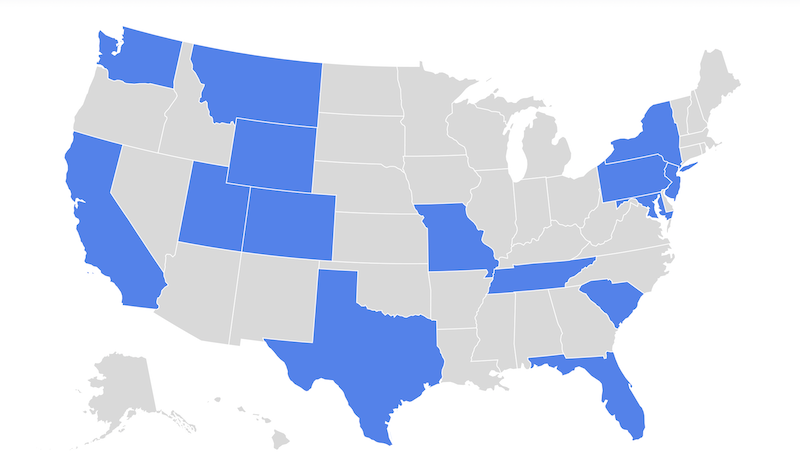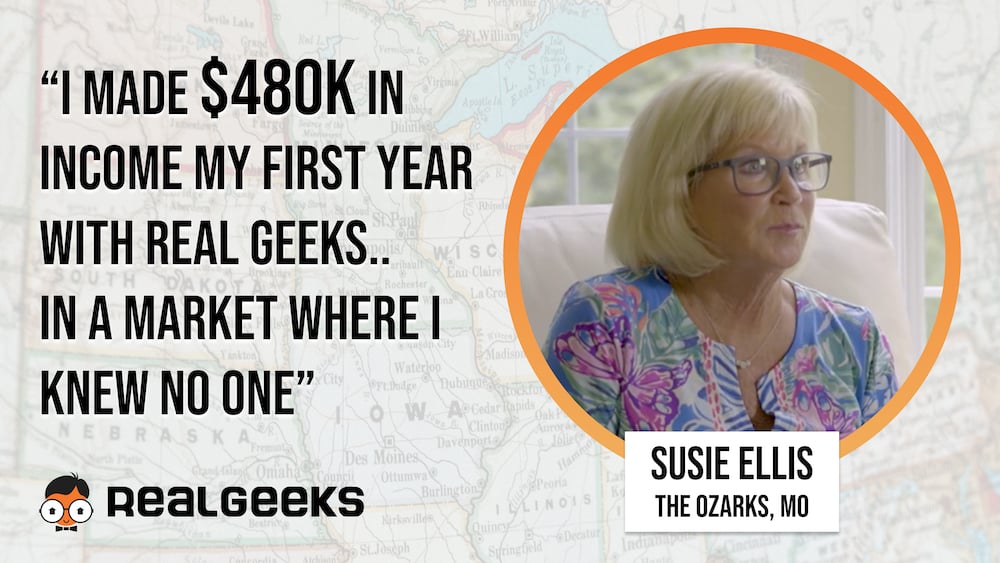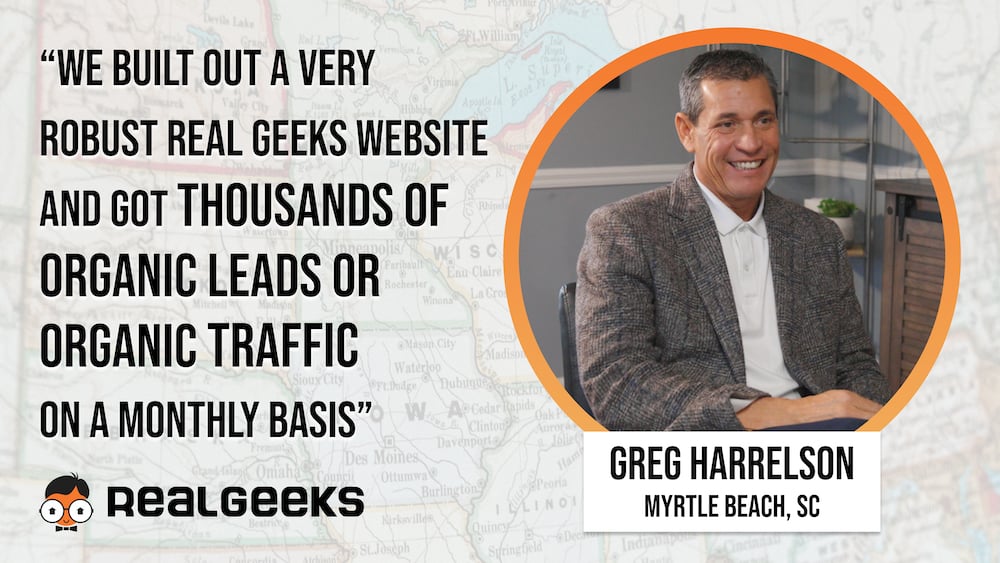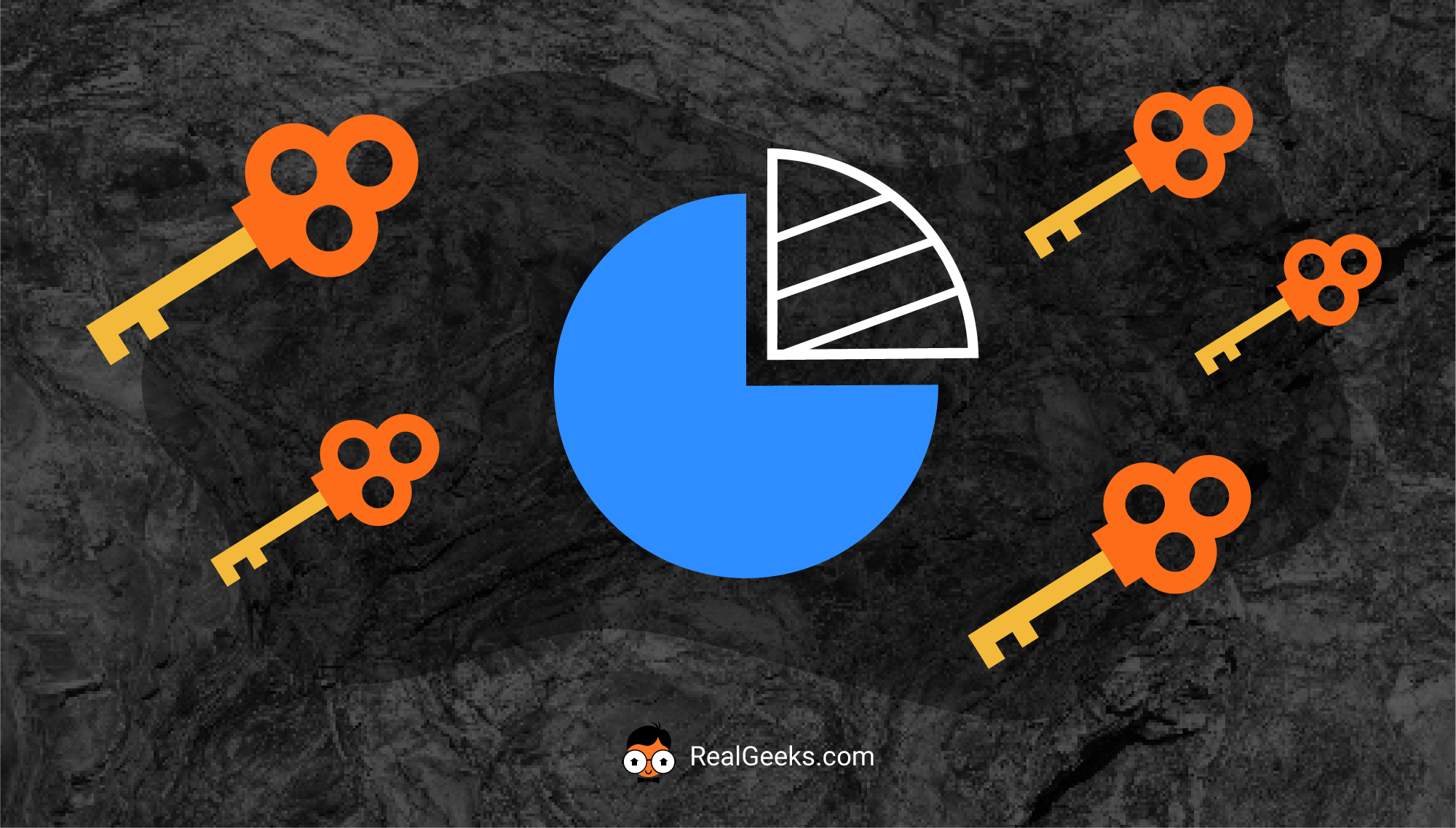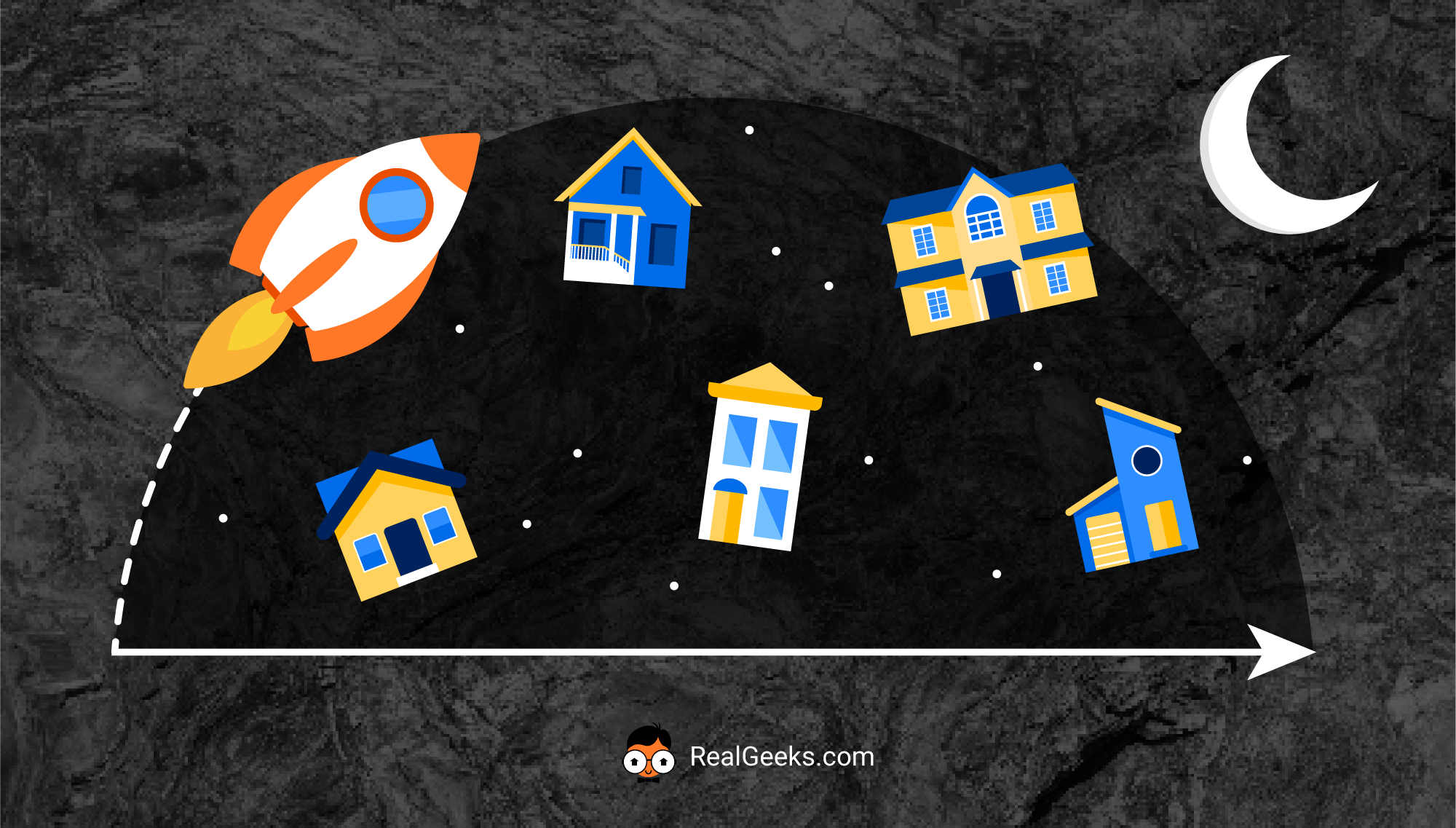Condemnation In Real Estate: What It Is & How It Works

Real estate can be tricky, especially with the legal aspects. One term you might come across during your journey is condemnation. But what does it mean?
What Does Condemnation Mean in Real Estate?
In short, real estate condemnation refers to the legal process of taking private property for public use. This usually happens to properties or structures that are damaged or deteriorated and have become an eyesore or public nuisance.
The process by which this happens is referred to as eminent domain, which gives the government the power to take property for public use so long as they provide just compensation to the owner.
There are a few things that must happen for condemnation to occur:
- Property must be taken for a public use
- Property owners must receive fair compensation
- The owner must receive a notice and have an opportunity to be heard
If you’re a property owner, it’s crucial to understand real estate condemnation and how it works. That way, you can know your rights and what to expect if it ever happens to you.
The Condemnation Process
The condemnation process largely depends on where you live. Different states have different laws concerning condemnation, so it’s essential to check with your state or local government ahead of time.
Generally speaking, the condemnation process starts when a government agency decides that a piece of property needs to be acquired for public use. The agency will then file a lawsuit against the property owner, and if the case is successful, the court will award the property to the government.
The property owner usually has time to vacate the premises and may also be entitled to compensation for their losses. The amount varies depending on the situation. Typically it is based on the value of the property and any personal belongings that need to be relocated.
FAQs
When does condemnation happen?
Condemnation typically happens when a municipality or other governmental entity needs to acquire a piece of property for a public project, such as building a road or constructing a public school.
The government will first try to negotiate a purchase with the owner, but if an agreement isn’t reached, the government can claim eminent domain to take the property through condemnation.
Who carries out the process?
The property’s municipality is responsible for carrying out the process. First, the municipality notifies the owner of their intention to condemn. The owner then has a certain amount of time to fix the issues with the property or appeal the decision.
If they fail to do either, the municipality can condemn the property.
Can you stop property condemnation?
The short answer is rarely. Local governments have the power to condemn your property for public use through eminent domain to build roads, schools, and other public infrastructure projects.
However, if you present evidence to a judge that the intended property project is not actually for public use, condemnation can be stopped.
Additionally, it’s happened that governments have backed down upon realizing what it would cost to seize the property.
What is inverse condemnation?
Inverse condemnation is a legal process in which the government seizes private property for public use without fair compensation to the owner.
Real Geeks is a highly efficient and effective lead generation and conversion solution for cultivating, capturing, and managing leads at any stage of the home buying or selling process.
Drive traffic, capture leads, nurture opportunities, and close more transactions with a robust CRM, fully integrated custom IDX website, and marketing solutions for agents and teams of any size.
Real Geeks is one of the best lead generation and management platforms available, but don't just take our word for it – hear from customers loving their experience with Real Geeks →

